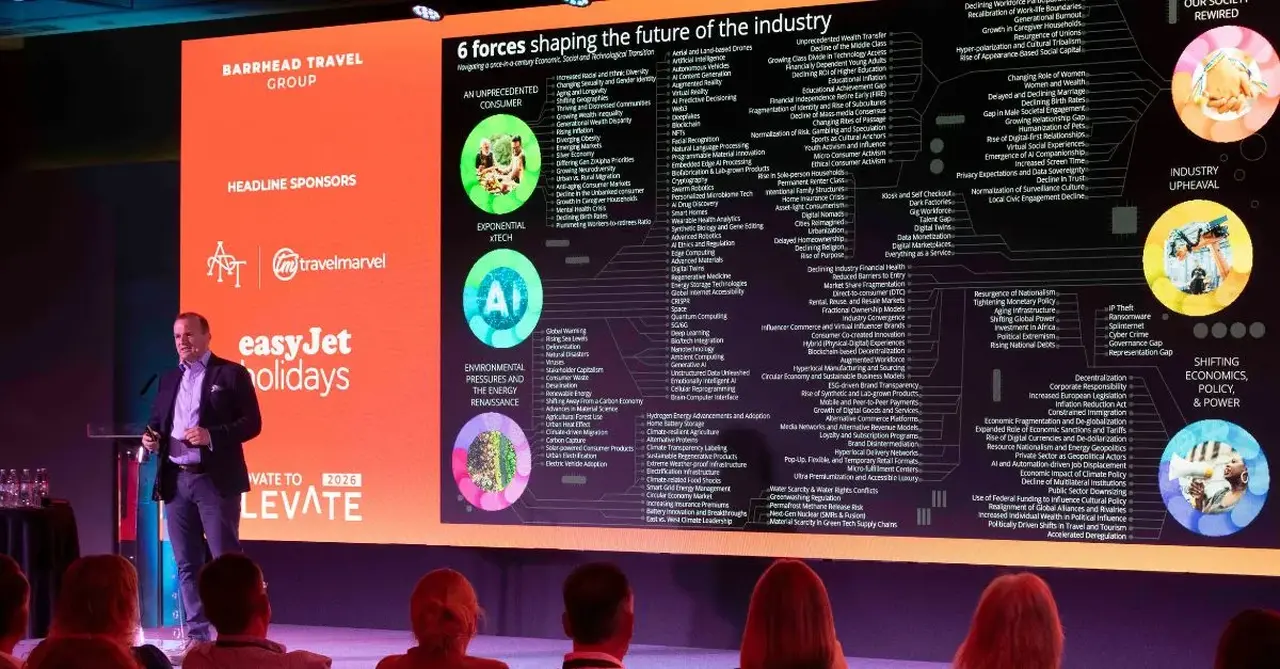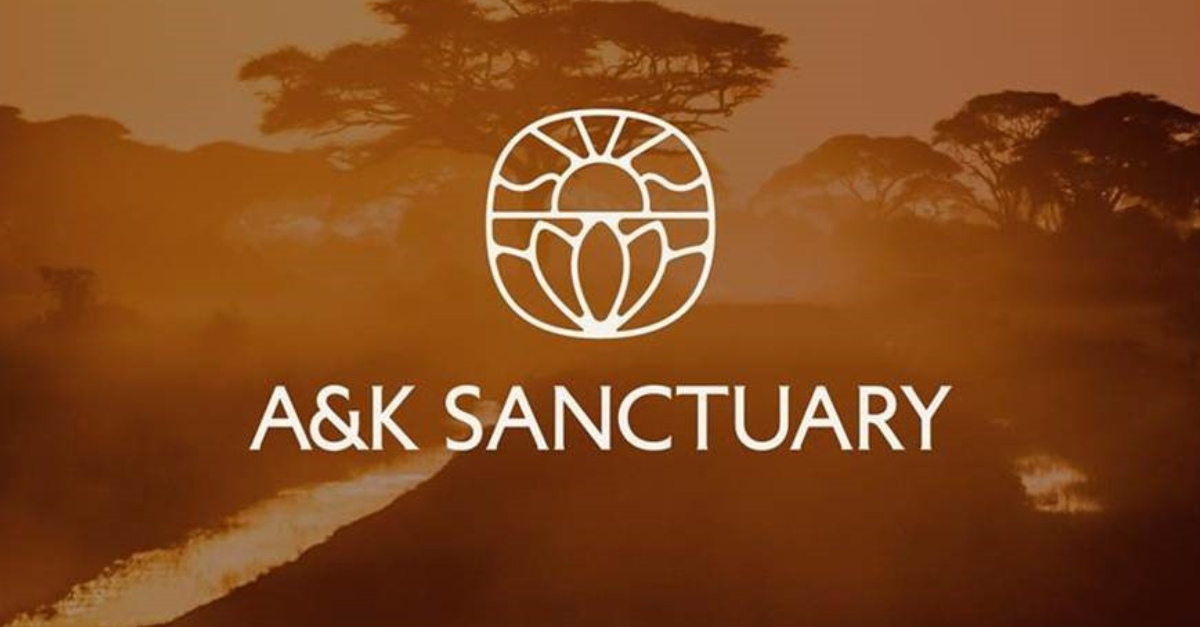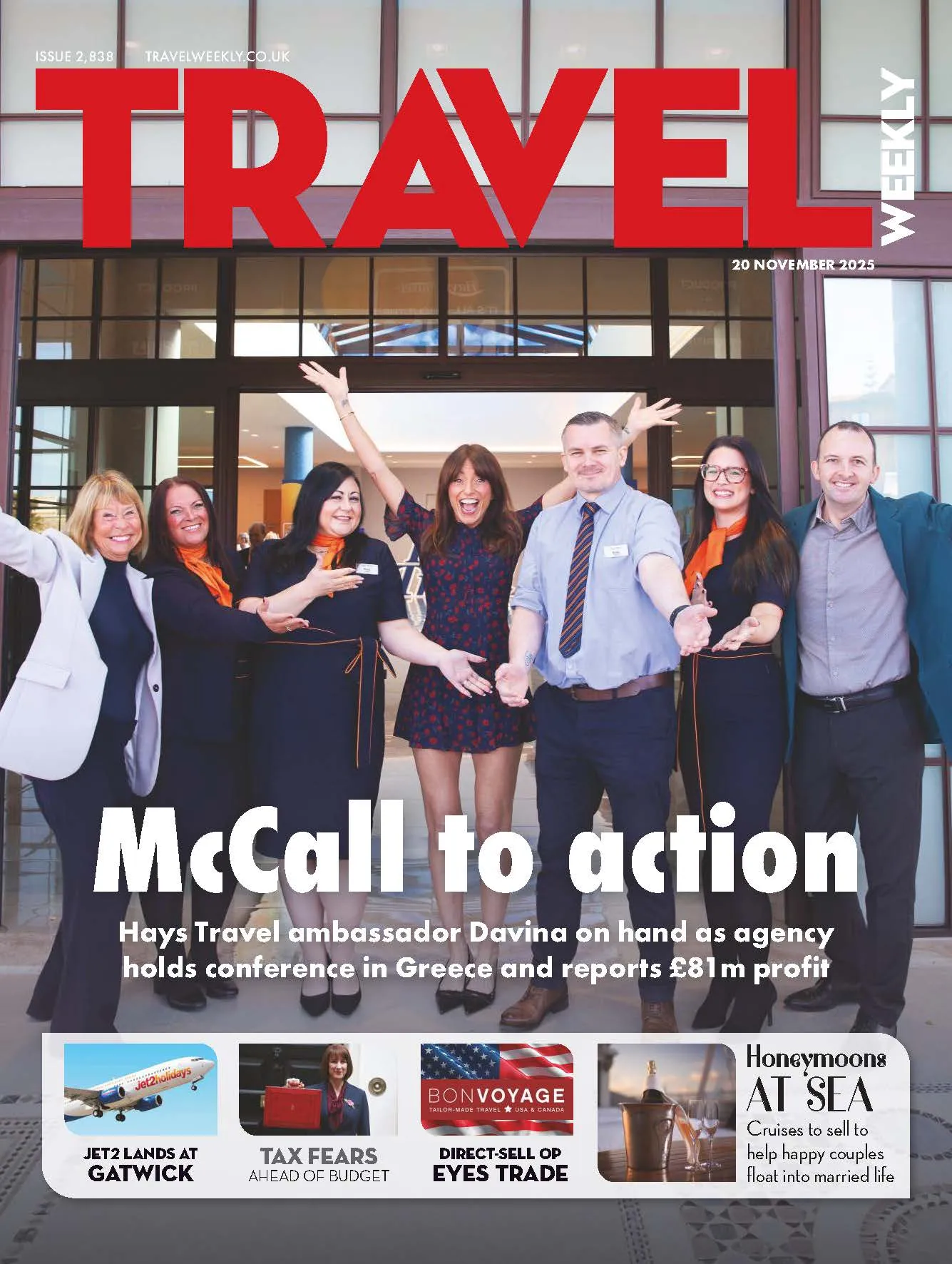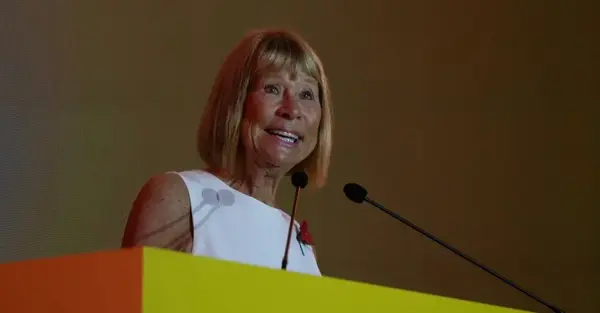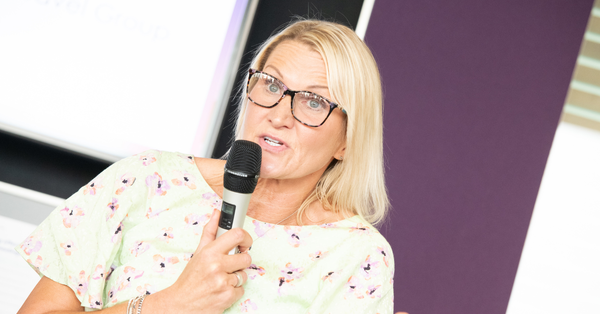You are viewing 1 of your 2 free articles
Consumers cutting some essential spending to save for holidays
Consumers are cutting back on some areas of essential spending in order to ensure they can afford to go on holiday, delegates at the Barrhead Travel conference heard.
Alistair Pritchard, lead partner for travel and aviation at Deloitte, outlined major trends affecting the travel market, noting: “We live, unfortunately, in a hugely uncertain and volatile world…but every bit of consumer research that we do says that people want to continue to travel and to go on holiday.
“It is by far the number one way in which people spend – not only discretionary spend – but in some cases, it’s way above some areas of essential spend.
“People cut essential spending in order to make sure they can go on holiday.”
He said this presents a “huge opportunity” for Barrhead delegates and in the wider travel sector.
“You can help your customers navigate all of that uncertainty,” he said during his presentation at the conference in Dubrovnik.
“You shouldn’t be afraid of all this change. You should embrace it and be the people that can help those customers.”
He said this year has been “a pretty strong year” across the industry, adding: “The sector is in great shape, but we live in a very fast changing world.”
Deloitte research has identified six forces that shape that future, covering consumers, society and culture, technology, industry upheaval, extreme climate and shifting economics, policy and power.
“We have identified over 250 trends that underpin those forces. They are converging and they’re happening at pace,” he said.
These trends include an ageing population in Europe – but also the “incredibly important” category of those born in the last 15 years, known as Generation Alpha.
“They have huge amounts of spending power from the Bank of Mum and Dad. The estimated impact that they are going to have on the economy is greater than millennials and Gen Zs added together,” he said.
He also highlighted how accessibility travel is already a $60 billion market; wellness tourism is expected to hit $1.3 trillion this year; and more consumers are travelling in multigenerational groups.
“If we do get some changes to inheritance tax, how might grandparents be even more willing to pass on wealth to their children and grandchildren through paying for multigenerational holidays?” he asked.
He noted that in1997 fewer than one in 10 people aged 35-44 rented their home – now nearly one in four in that age group are renting.
“People want experiences. They want service. They’re investing less in buying assets or buying products,” he said.
Another very fast-moving area is AI, he noted, saying: “It is there to enhance productivity, to help people in their businesses. I don’t see it replacing people across this sector.”
He also warned delegates that travel and hospitality is in the top five for sectors that are attractive to hackers.
With 2023 and 2024 being the hottest years on record, he said people who experience a climate event – such as wildfires or extreme temperatures in southern Europe – will alter their decisions, so they may seek cooler destinations or to shift their holidays out of peak periods.

